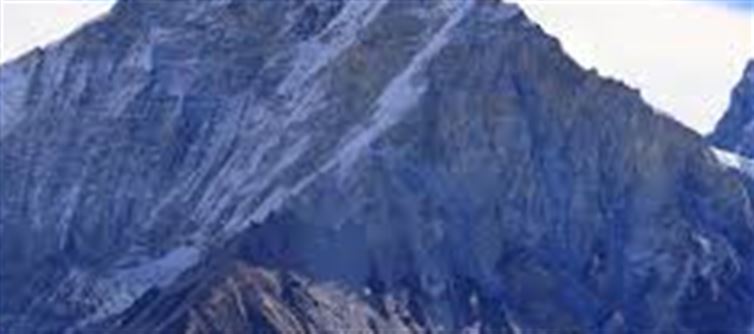
Whether it is summer or winter, people love to go to the mountains and see the beautiful views, snow and valleys. This is the reason why people like to go to the mountains in both summer and winter. There is a feeling of coolness in summer and there is a chance to see snow and have fun in winter. But while going to the mountains in summer, you must have noticed one thing that no matter how hot it is in the plains, but as soon as you go to the mountains, you start feeling cold. Why does this happen? Let's find the answer to this today.
Why is the weather cold in the mountains?
Actually this happens because when the air is hot, it rises up and through this the gliders can fly upwards. This is why birds fly in the air. But many other things also affect the temperature above. When the air rises upwards, it expands, because with the height the air pressure also decreases. This causes the energy in the air to expand and its temperature to decrease. As the hot air rises, it cools down and continues to do so until it reaches the temperature of its surroundings.
Why does air rise?
Now the thing to think about is why does the air around us rise? This happens because it is heated by the surface of the earth. When the sun is out, the lowest troposphere of the atmosphere is unable to heat the air and there is very little gas in that air to absorb the sunlight. That is why there is less gas in the air to absorb the sunlight, only then the sun's rays heat the earth and not the air. It works in a similar way as water in a vessel kept on gas gets heated from the bottom and not from the top.
Decrease in temperature with altitude
At sea level, the air pressure is high and the molecules in the air are dense. As we move up in altitude, the air pressure decreases, causing the molecules in the air to spread out. When the air at the bottom rises upwards, it expands and cools down. This process is called adiabatic cooling. So, on an average, the temperature decreases by about 6.5 degrees Celsius for every 1000 metres of altitude.
.jpg)




 click and follow Indiaherald WhatsApp channel
click and follow Indiaherald WhatsApp channel